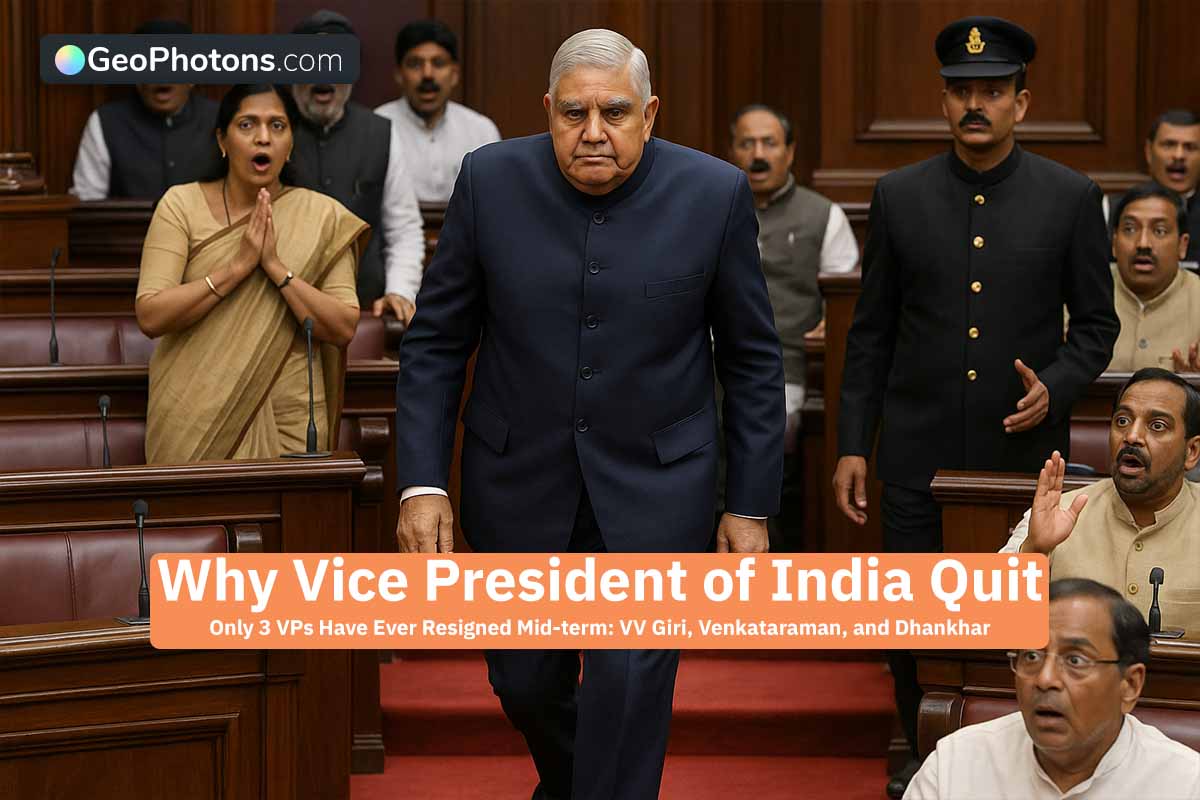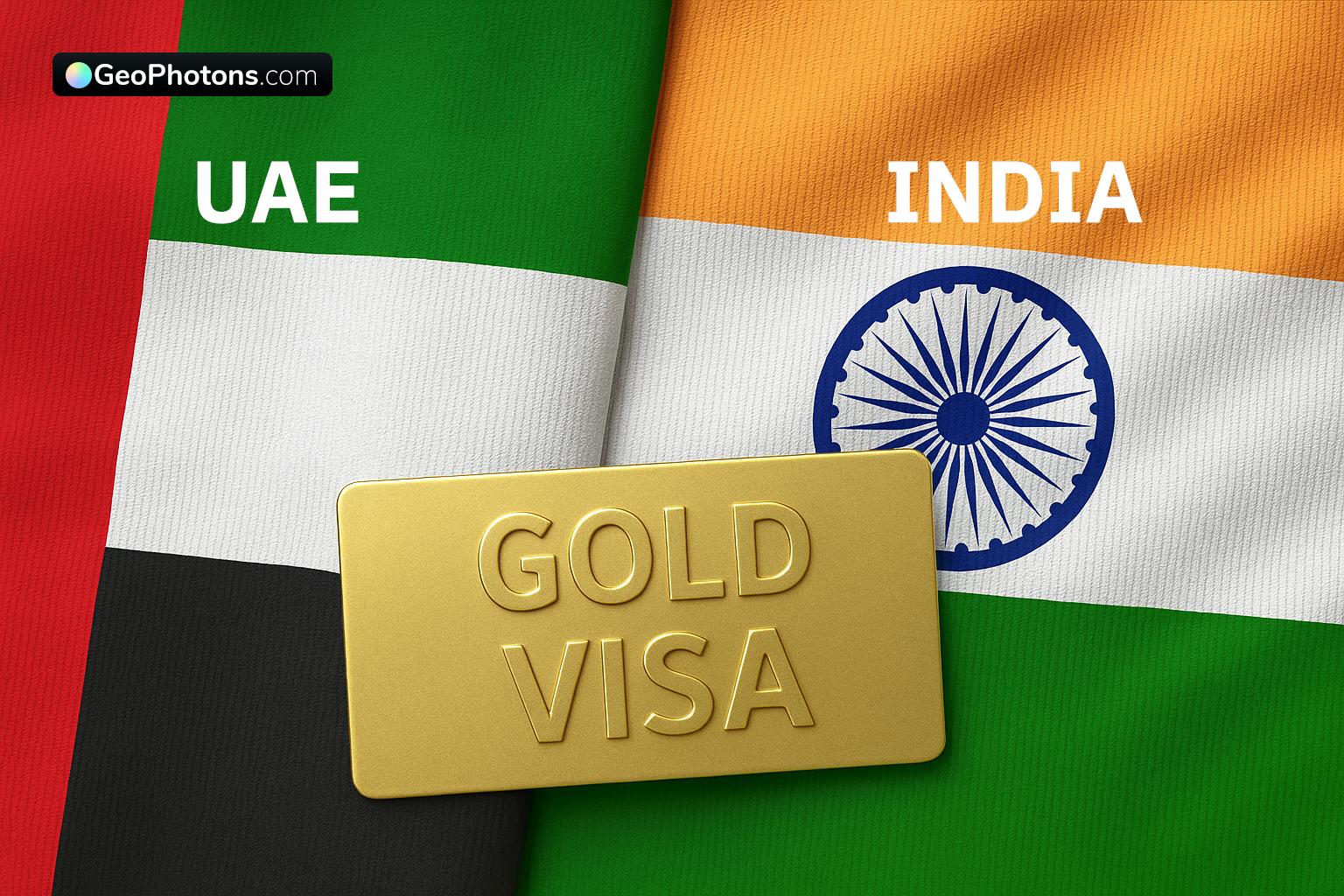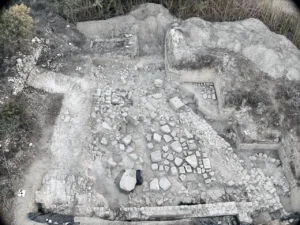Indus Water Treaty Controversy
1. What is the Indus Waters Treaty?
The Indus Waters Treaty (IWT) is a bilateral water-sharing agreement signed between India and Pakistan on September 19, 1960, in Karachi. It was brokered by the World Bank, which continues to play a supervisory role in the treaty’s implementation. The agreement was signed by India’s Prime Minister Jawaharlal Nehru and Pakistan’s President Ayub Khan, following years of negotiations after the partition of British India in 1947.
The treaty divides the Indus river system, which includes six major rivers, into two categories:
- Eastern rivers: Ravi, Beas, and Sutlej — allocated to India for exclusive use.
- Western rivers: Indus, Jhelum, and Chenab — allocated primarily to Pakistan, though India is allowed limited usage under strict conditions.
The Indus system is critical for both countries’ agriculture and drinking water needs. Despite several wars and ongoing political tensions, the treaty has remained in force for over six decades, making it one of the most successful and durable water-sharing agreements in the world.
2. How Does the Treaty Function in Practice?
The treaty lays out a comprehensive water management and conflict resolution framework. Its key components include:
- India’s Rights: India has unrestricted use of the eastern rivers. It can use the western rivers for non-consumptive purposes like irrigation (within specified limits), domestic use, and run-of-the-river hydropower projects, meaning dams without major reservoirs or water storage.
- Pakistan’s Rights: Pakistan receives the bulk of the water flow from the western rivers. These rivers account for roughly 80% of the Indus system’s total volume, forming the backbone of Pakistan’s water infrastructure and agriculture.
- Permanent Indus Commission (PIC): A vital institution created by the treaty, consisting of one commissioner from each country. The PIC meets at least once a year, alternating between India and Pakistan. It monitors treaty implementation, shares hydrological data, and addresses technical concerns.
-
Dispute Resolution Mechanism:
-
If a disagreement arises, the two countries first engage bilaterally through the PIC.
-
If unresolved, the issue can be referred to a neutral expert appointed by the World Bank.
-
If still unresolved, the matter can escalate to a Court of Arbitration. This multi-stage approach ensures that diplomatic channels are prioritized before international adjudication is sought.
-
This structured mechanism has helped both nations manage a volatile issue peacefully even during periods of armed conflict.
3. What Are the Current Disputes Under the Treaty?
While the Indus Waters Treaty has largely succeeded in avoiding open conflict, disputes have emerged, particularly in the 21st century. The main flashpoints concern India’s construction of hydropower projects on the western rivers in Jammu and Kashmir, to which Pakistan strongly objects.
Key Disputed Projects:
- Kishanganga Project: A 330 MW hydroelectric project on the Neelum River, a tributary of the Jhelum. Pakistan alleges that this reduces water flow into its territory, especially during dry seasons.
- Ratle Project: A proposed 850 MW run-of-the-river project on the Chenab River. Pakistan claims that India’s design includes gates that could allow manipulation of river flow, violating treaty clauses.
India argues that these projects are compliant with treaty guidelines, which permit run-of-the-river structures that do not significantly alter downstream flows or involve large-scale water storage.
In July 2023, the World Bank resumed arbitration proceedings based on Pakistan’s objections. Simultaneously, India questioned the legality of these proceedings, preferring resolution through a neutral expert instead of a formal court. This dual-track legal process reflects increased tensions over treaty interpretation, even though both countries remain formally committed to the treaty.
4. Why Does the Treaty Remain Important Today?
The Indus Waters Treaty is not just a bilateral agreement on river usage—it is a lifeline for regional stability, especially considering the nuclear status of both nations.
- For Pakistan, the western rivers are essential to its agriculture-driven economy and drinking water supply, especially in the Indus Basin.
- For India, the treaty limits water use from rivers that originate within its territory, but also allows for controlled development of sustainable hydropower projects. In regions like Jammu and Kashmir, these projects are crucial for local development and energy needs.
Despite calls within India for reconsidering or revoking the treaty following terror attacks or military standoffs, the Indian government has continued to respect treaty obligations. This underlines the treaty’s status as a confidence-building measure, even in strained diplomatic climates.
Conclusion
The Indus Waters Treaty of 1960 stands as a remarkable example of cooperative water governance between two long-time rivals. While climate change, increased water demand, and geopolitical tensions have led to growing disputes, the treaty’s institutional strength and flexibility continue to support dialogue and dispute resolution. Going forward, strengthening transparency, updating technical standards, and adapting to climate realities may be essential for preserving the spirit of this historic agreement.
Share this content:














Post Comment